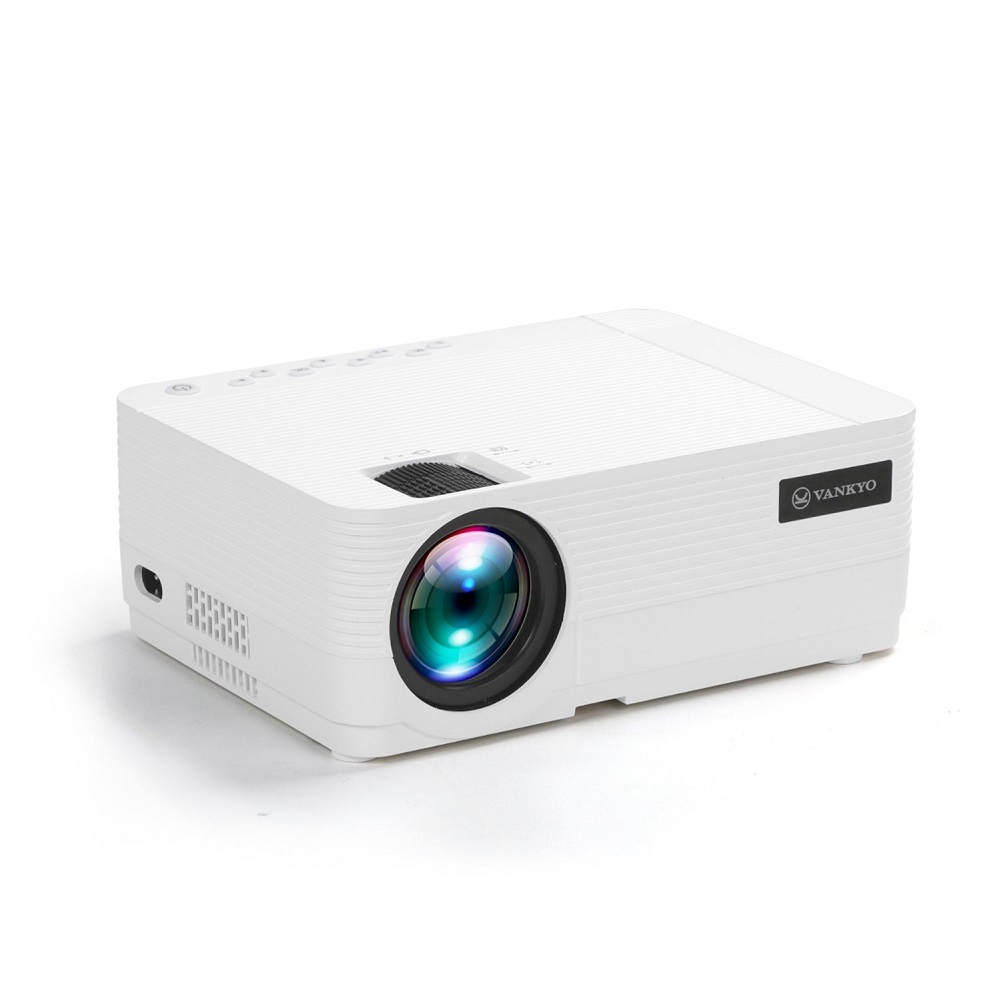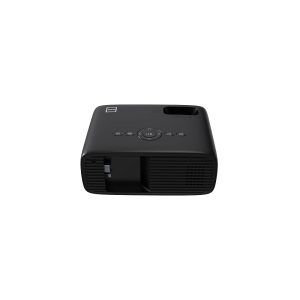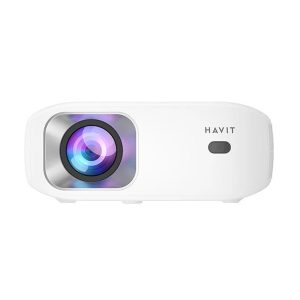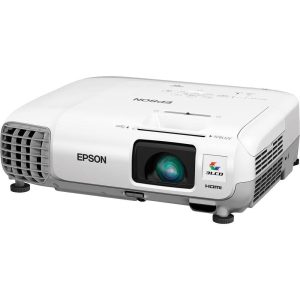In recent years, mini projectors have gained considerable popularity due to their portability and versatility. They offer a convenient way to enjoy movies, presentations, and games on larger screens without taking up too much space. However, with so many options available, selecting the right mini projector might seem daunting. This guide will help you understand the key features, specifications, and factors to consider when choosing the best mini projector for your unique needs.
Determining Your Purpose
Entertainment vs. Business Uses
Before diving into specifications, consider the primary purpose of the mini projector. Are you looking for a device primarily for entertainment, like watching movies and playing video games, or do you need it for business presentations?
Entertainment projectors typically emphasize color accuracy and resolution, as these elements can significantly enhance your viewing experience. You’ll want a projector that delivers vibrant colors and sharp images for films and games. On the other hand, projectors intended for business presentations may prioritize brightness and connectivity options. Business projectors often need to function well in various lighting conditions, ensuring your slides are visible without straining your audience’s eyes.
Home Use vs. Portable Options
Another crucial factor is whether you’ll be using the projector at home or need a portable solution for travel. Home projectors can accommodate larger sizes and may require more space or setup time. They might offer superior specifications and features for high-quality viewing experiences. Conversely, portable projectors are designed for convenience and lightweight travel, making them perfect for on-the-go presentations or movie nights. Understanding your primary usage will guide you toward the right choice.
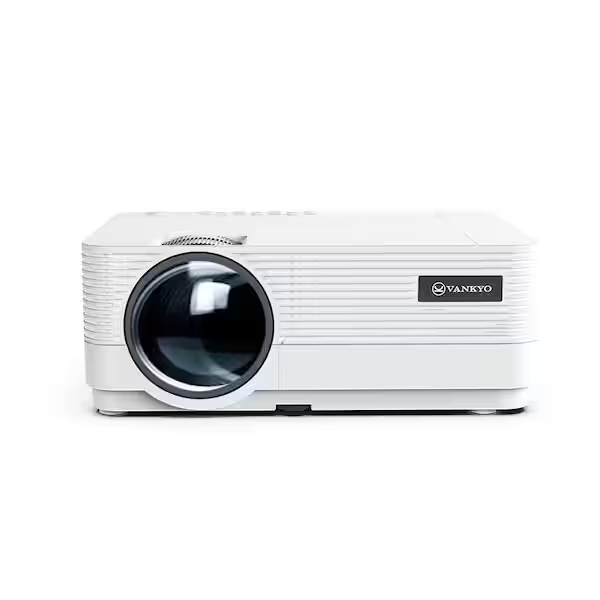
Understanding Key Specifications
Resolution Matters
One of the most important specifications to look for in a mini projector is resolution. The resolution refers to the number of pixels displayed on the screen and significantly impacts image quality. There are three common resolutions found in mini projectors:
- SVGA (800 x 600): This resolution is suitable for basic presentations or video playback but is not ideal for high-definition content.
- HD (1280 x 720): This is a mid-range option that balances image quality and price. HD projectors work well for movies and games, offering decent clarity and vibrant colors.
- Full HD (1920 x 1080): For high-definition content, a Full HD projector provides the best picture quality. If you plan to watch a lot of movies or play games, investing in a Full HD projector is advisable.
Brightness Levels (Lumens)
Another essential specification is brightness, measured in lumens. The brightness level determines how well the projector performs in various lighting conditions.
- 400-800 Lumens: This range is adequate for dark rooms, ideal for movie nights or intimate settings.
- 800-1500 Lumens: Suitable for moderately bright rooms. It balances visibility without excessive brightness.
- 1500 Lumens and above: High-brightness projectors are capable of working well in well-lit environments, making them perfect for business presentations in conference rooms or larger spaces.
Consider where and how you plan to use your mini projector when assessing brightness levels.
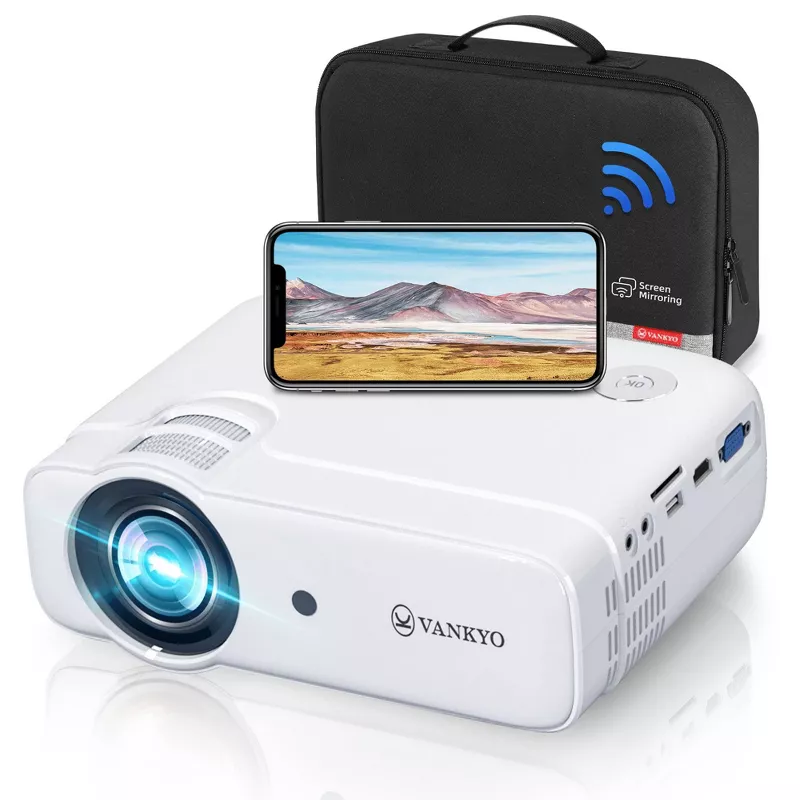
Connectivity Options: Ensuring Compatibility
Common Connection Types
Modern mini projectors offer various connectivity options to cater to different devices and scenarios. Consider the types of devices you want to connect to your projector:
- HDMI: Almost all mini projectors include HDMI ports, allowing easy connection to laptops, streaming devices, and gaming consoles. It’s the most common standard for high-definition video and audio.
- USB: USB ports add convenience for connecting flash drives or external devices to play content without needing a separate device. Some projectors even support USB-C connections.
- Wi-Fi and Bluetooth: Wireless connectivity options offer greater flexibility and eliminate the need for physical cables. Wi-Fi enables screen mirroring from smartphones or tablets, while Bluetooth allows connections with external speakers or audio devices. These features enhance portability and ease of use, especially for presentations.
Compatibility with Devices
Ensure that the projector you choose is compatible with your devices. Check if it works seamlessly with the smartphones, laptops, or gaming consoles you already own. Compatibility guarantees a smooth and hassle-free experience, whether you’re presenting at a conference or enjoying a movie night with friends.
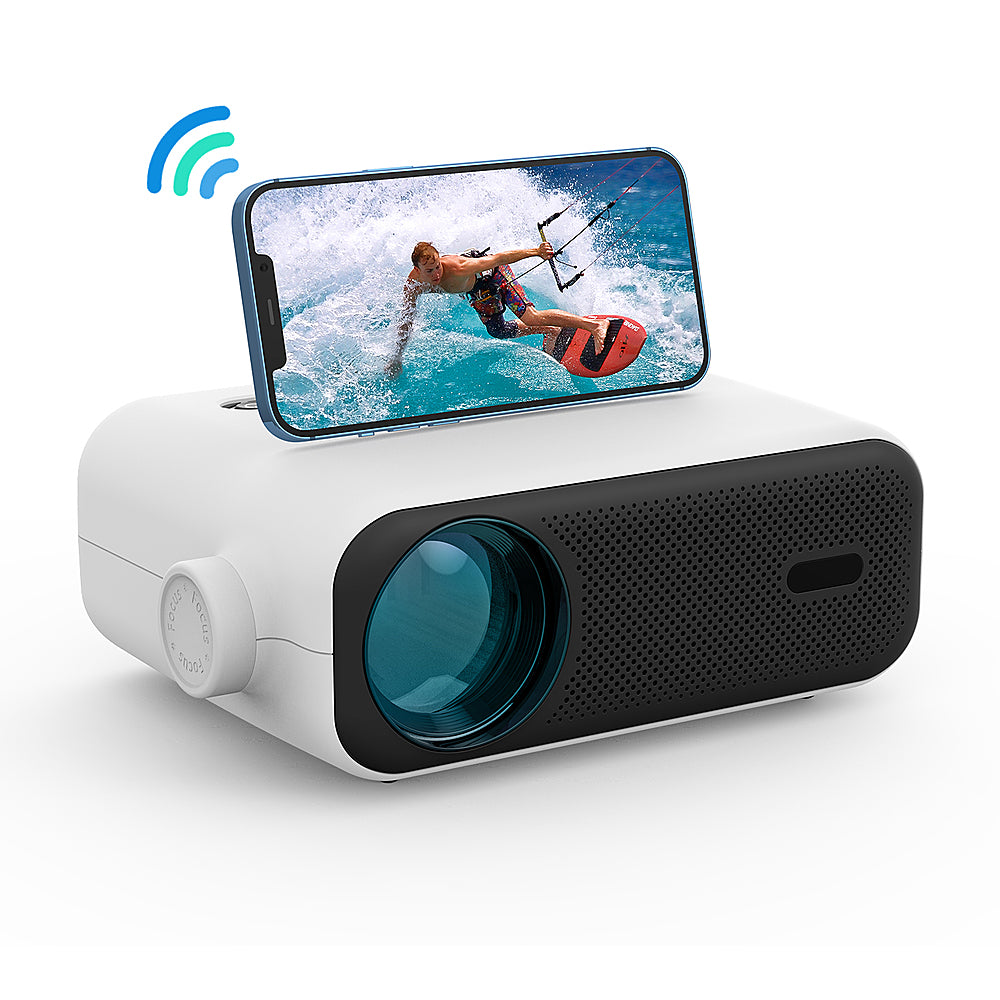
Size and Portability: Your Lifestyle Matters
Dimensions and Weight
When choosing a mini projector, size and weight matter, especially if you intend to use it for travel. Mini projectors are significantly smaller and lighter than traditional projectors, allowing for easy transport. Look for models that fit comfortably in your bag or backpack without adding unnecessary bulk.
- Compact Models: Weighing less than a pound and fitting in the palm of your hand, these projectors are perfect for travel and spontaneous gatherings. However, they may have limitations in brightness and features.
- Mid-Size Projectors: Slightly larger but still portable, these models offer an excellent compromise between performance and convenience without being too cumbersome to transport.
Design Considerations
Consider design features that contribute to usability, such as built-in batteries or carrying cases. Built-in batteries eliminate the need for an outlet, further enhancing portability. However, ensure that battery life meets your needs—look for models that offer at least 2-4 hours of playtime on a single charge when assessing usage scenarios.
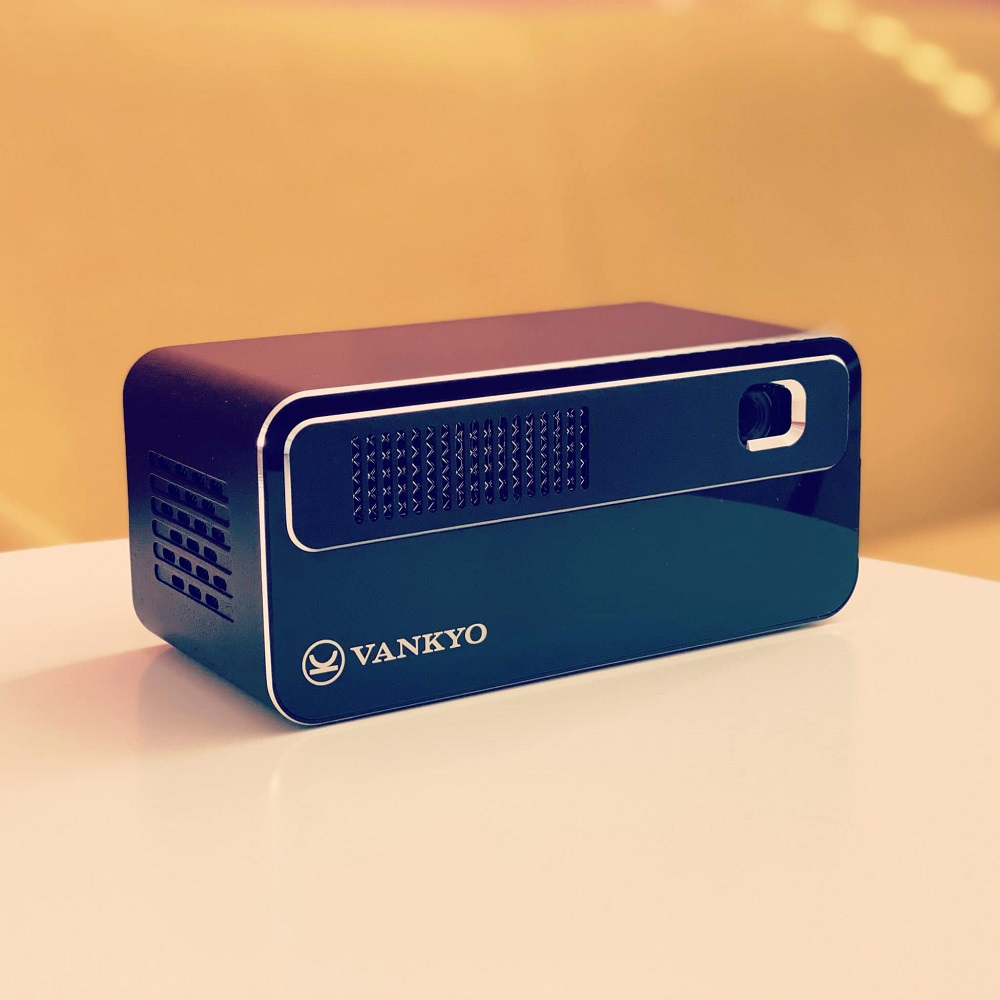
Audio Capabilities: Don’t Overlook Sound Quality
Integrated Speakers vs. External Speakers
While many mini projectors feature built-in speakers, sound quality can greatly vary across models. Integrated speakers usually produce adequate sound for casual use but may not offer immersive audio for movies or games. If you prioritize audio quality, check user reviews regarding sound performance.
Consider models that provide clear and loud audio without distortion for an enhanced experience. However, connecting to external speakers can significantly improve sound quality, making it a must for home theater setups or business presentations.
Bluetooth Connectivity for Sound
If you plan to use your projector in larger settings or with external sound systems, ensure that the projector supports Bluetooth. This feature enables you to connect wirelessly to Bluetooth speakers or soundbars, delivering superior audio quality compared to built-in options. With good sound capabilities, your viewing experience reaches new heights.
Battery Life and Power Options
Assessing Battery Life
For portable mini projectors, battery life is an essential consideration. Models with built-in batteries are perfect for outdoor movie nights or presentations away from electrical outlets. Pay close attention to the manufacturer’s claimed battery life, and look for models that offer at least 2-4 hours of playtime on a single charge. If you plan to watch longer movies or give lengthy presentations, you may need a model that includes a powerful battery or a backup power solution.
Consider Power Adapters and Compatibility
In addition to battery performance, evaluate power options. Most mini projectors require an external power adapter, so check to ensure compatibility with your region’s electrical outlets. Some models come with various power adapters, making them suitable for international travel. A compatible and versatile power solution adds more convenience to your projector experience.
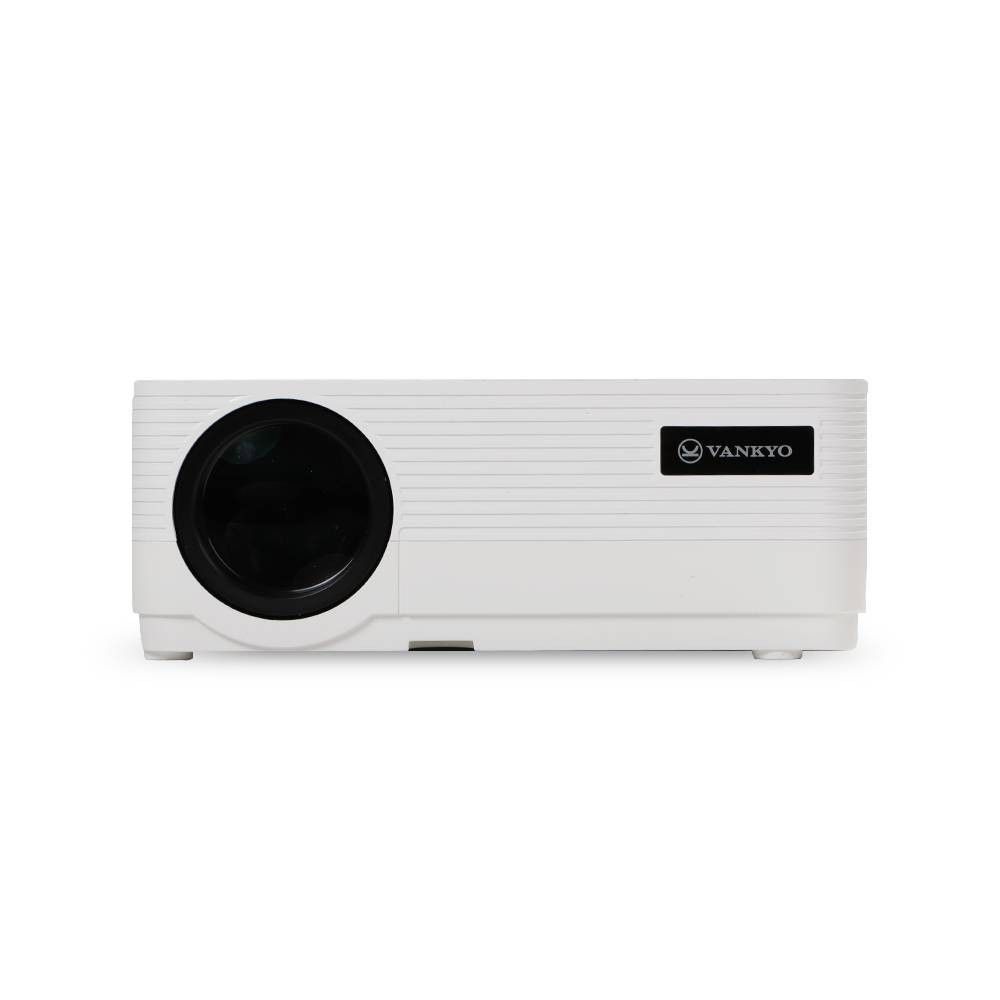
Pricing and Brand Reputation
Budgeting for Your Mini Projector
Mini projectors come in a wide price range, from budget-friendly options to high-end models. When establishing your budget, consider how often you plan to use the projector and the level of performance you require. If you’re an occasional user who simply needs something for backyard movie nights, you might opt for a lower-priced model. However, if you plan to use it for business or a more immersive home theater experience, investing in a higher-end option is worth considering.
Brand Credentials and Reviews
Researching brand reputation and reading user reviews is vital when selecting your mini projector. Established brands like Anker, Epson, and BenQ often provide reliable and high-quality products. User reviews can give you insights into real-world performance, reliability, and customer support. Take the time to evaluate different brands and models based on your research, and you’ll be more likely to find a projector that meets your needs.
Conclusion
Choosing the best mini projector involves careful consideration of your specific needs, preferences, and intended use. Start by defining the primary purpose of the projector—whether for entertainment, business, or portable use—then delve into key specifications and features that will enhance your experience.
Understanding terms like resolution, brightness, and connectivity ensures you select a projector that offers optimal image quality and compatibility. Additionally, consider factors like portability, audio capabilities, battery life, and pricing. By doing your homework and evaluating different options, you’ll find the perfect mini projector tailored to your needs.
A well-chosen mini projector can elevate your viewing and presentation experiences, whether you’re hosting a movie night under the stars or delivering an important presentation at work. With the right information and careful consideration, you’ll discover a mini projector that fits seamlessly into your lifestyle and helps you enjoy your favorite content in grand style.
